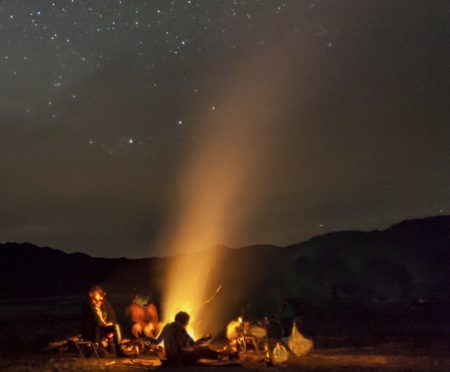Tag: The Lathe of Heaven
-

Ursula K. Le Guin: Telling makes the world
Maria Popova has written on her wonderful website Brain Pickings about Ursula K. Le Guin’s essay on the nature of speech, “Telling is Listening.” This brought back to me the sense of how much Le Guin—a master storyteller herself—has made the importance of storytelling a central theme in many of her novels…
